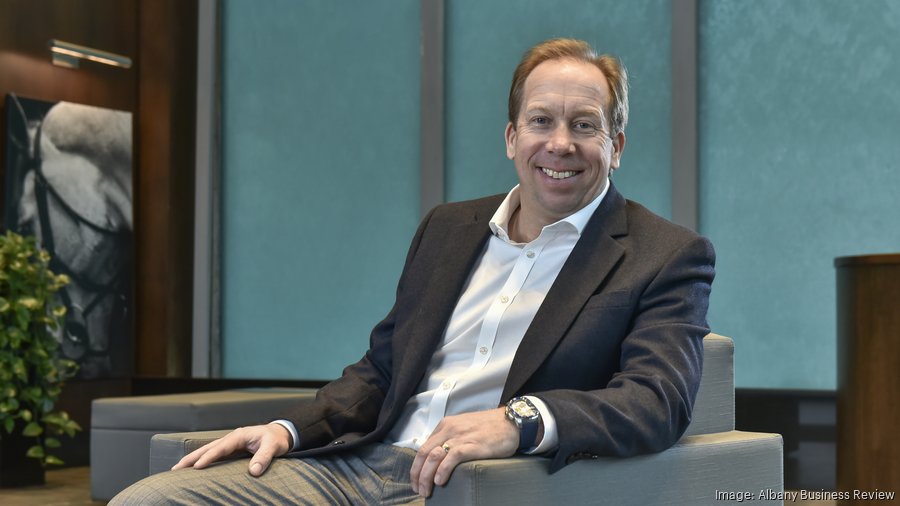By: Daniel Jacques
Refinancing a commercial mortgage loan can be a strategic move to lower your interest rates, adjust your repayment terms, refinance a maturing loan, or access additional cash for capital improvements, or purely as a cash-out strategy. Successful refinancing requires careful planning and preparation. Here are the essential steps you should take now to position yourself to successfully refinance your commercial mortgage loan.
1. Evaluate Your Current Loan Terms and Financial Position
Start by thoroughly reviewing the terms of your existing loan. Understand your current interest rate, remaining balance, and repayment schedule including maturity date. This will give you a clear picture of where you stand and what you hope to achieve through refinancing.
Next, assess your financial health. Lenders will scrutinize your financial statements, including your income, expenses, cash flow, and debt levels. Ensure your financial records are up-to-date, accurate, and well organized. Pay special attention to your debt service coverage ratio (DSCR), which measures your ability to cover debt payments. A higher DSCR can improve your chances of securing favorable refinancing terms.
2. Research the Market and Potential Lenders
Understanding the current lending environment is crucial when preparing to refinance. Research market trends, interest rates, and the types of loans available. Different lenders offer varying terms, so it is important to shop around and compare options.
Consider both traditional banks as well as non-bank lenders, such as Century Health & Housing Capital. LLC. Some lenders may specialize in certain industries or loan types, which could work to your advantage and provide for a better overall experience. Century, for example, specializes in multifamily housing and we offer distinct advantages over other lenders in the arena due to our deep industry expertise and counterparty relationships.
3. Gather and Organize Documentation
Lenders will require extensive documentation to prepare a loan sizing analysis. Start gathering essential documents now to avoid delays later. Typical documents include:
- Financial Statements: Income statements, balance sheets, and cash flow statements for the past two to three years and trailing twelve months.
- Current Rent Roll
- Debt Schedule: A detailed list of all current debts, including loan amounts, interest rates, and payment schedules.
- Property Appraisal: If you are refinancing a loan secured by real estate, you may need a recent property appraisal.
- Information on any special use restriction or tax abatements/PILOT’s.
Business Plan: An updated business plan that outlines your goals, strategies, and financial projections. Having your goals in mind will help as you evaluate the financing options that are available and will assist lenders as they discuss with you the various financing alternatives that best meet your needs and desires.
4. Consult with Financial and Legal Advisors
Refinancing a commercial mortgage loan is a significant financial decision that can impact your business for years to come. Before moving forward, consult with financial and legal advisors who can provide expert guidance. They can help you understand the implications of refinancing, review loan offers, and ensure that you are making the best decision for your business.
5. Consider Timing and Market Conditions
The timing of your refinancing can influence the terms you receive. Monitor interest rates and economic conditions to determine the optimal time to refinance. Whether rates are expected to rise or fall, you want to be prepared to act quickly to lock in the most favorable terms.
Refinancing a commercial loan can provide your business with financial flexibility and long-term savings. By taking these preparatory steps, you will be better positioned to secure favorable terms and achieve your financial goals. Start planning now to ensure a smooth and successful refinancing process.
As you are considering refinancing, contact Century to discuss our lending solutions. We can share options that provide favorable benefits and outcomes.

